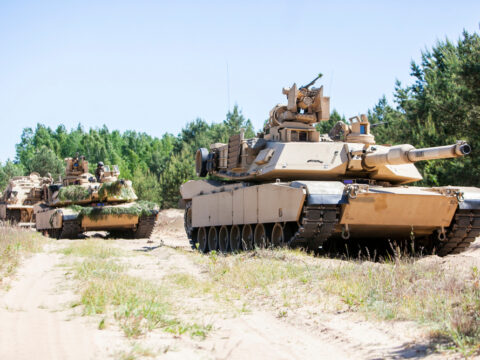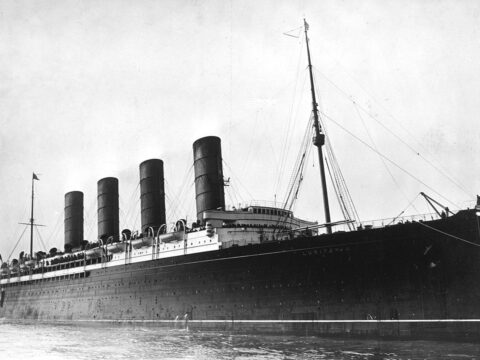Space exploration is filled with tales of ambition and innovation, but not all spacecraft made it to the stars. In this article, we explore 12 abandoned spacecraft that never launched. These grounded machines represent dreams that were left unfulfilled, offering a glimpse into the complex world of space missions that never took off.
Contents
Dynasoar (X-20)
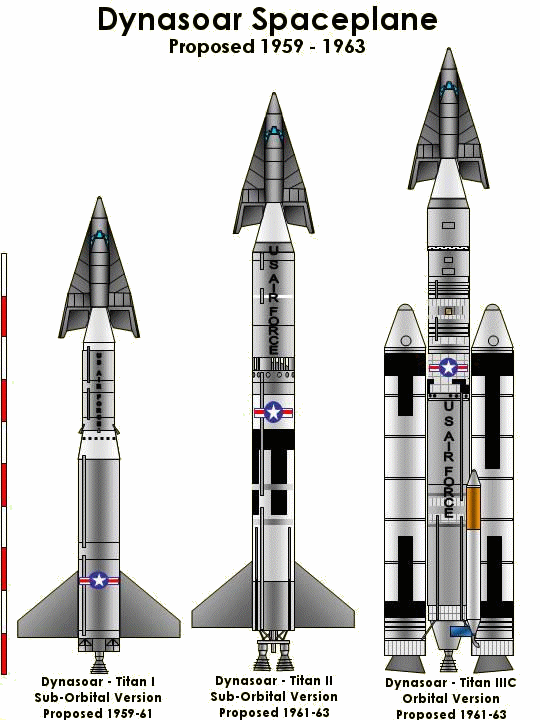
The Dynasoar, or X-20, was a U.S. Air Force project aimed at developing a reusable manned spaceplane. With its sleek, aircraft-like design, it promised rapid deployment and versatile missions, but was ultimately canceled in 1963 before any flight tests due to shifting priorities and budget constraints.
Vulcan Rocket
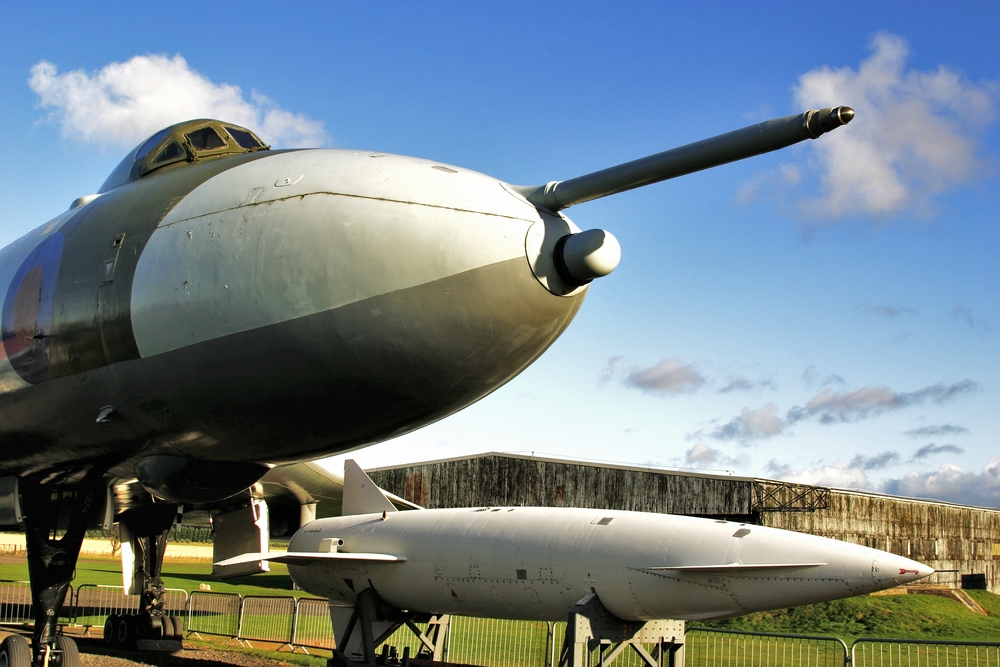
The Vulcan rocket was an early British effort to develop a satellite launch vehicle in the 1950s. Despite initial enthusiasm and the promise of expanding the UK’s space capabilities, the program was abandoned due to high costs and the availability of American launch services.
Buran (second orbiter)
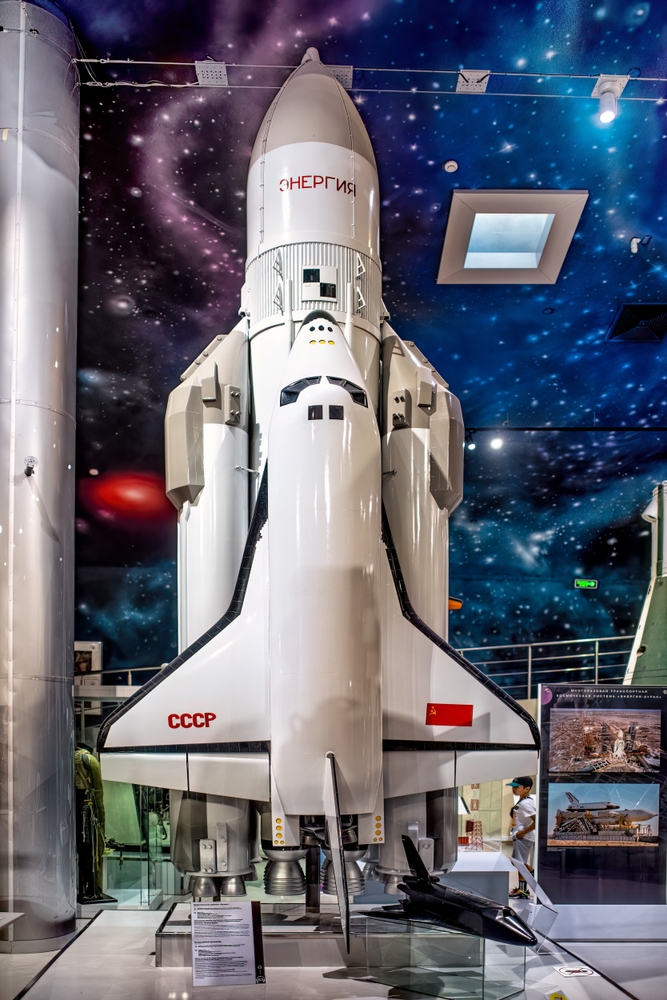
Following the successful flight of the first Buran orbiter, the Soviet Union planned additional orbiters to expand their shuttle program. However, the collapse of the Soviet Union and economic difficulties led to the cancellation of these subsequent vehicles, leaving them unlaunched.
Sea Dragon
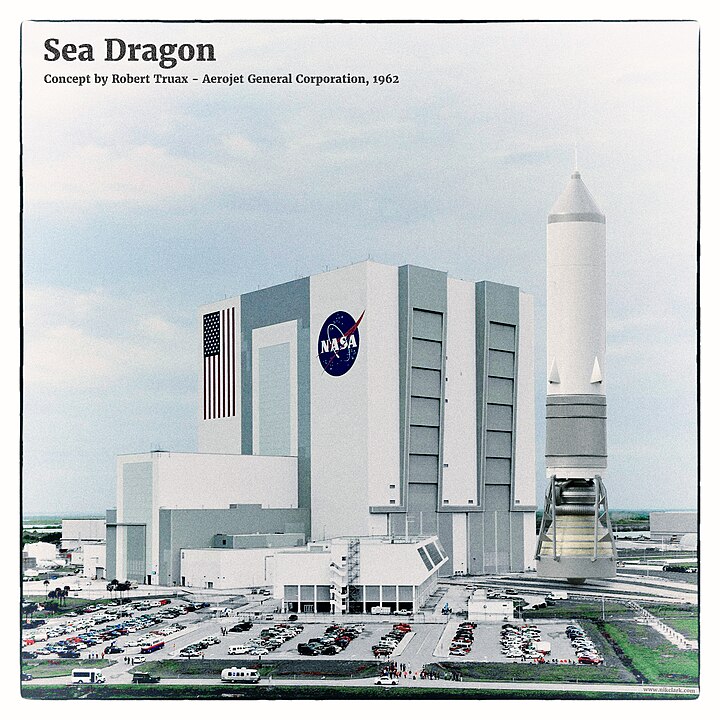
The Sea Dragon was an ambitious concept for a massive, sea-launched rocket proposed by Aerojet in the 1960s. With a payload capacity of up to 550 metric tons, it promised to revolutionize space launch economics, but was never developed beyond the design phase due to budgetary and logistical challenges.
DC-X (Delta Clipper)
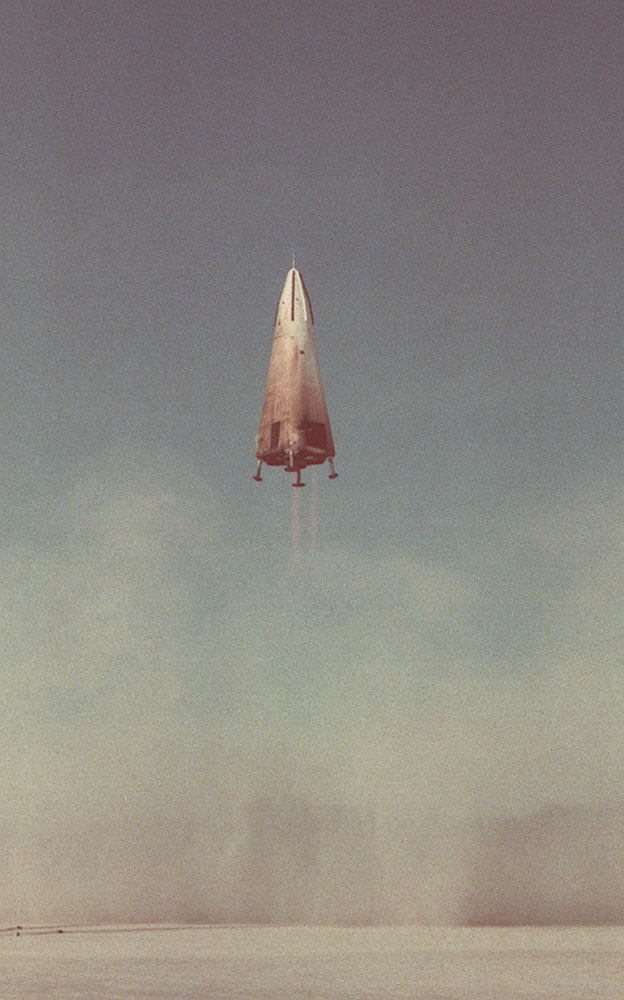
The DC-X was a pioneering reusable rocket prototype developed by McDonnell Douglas. It demonstrated vertical takeoff and landing capabilities but never reached full operational status before funding was cut in 1996, halting further development.
NERVA
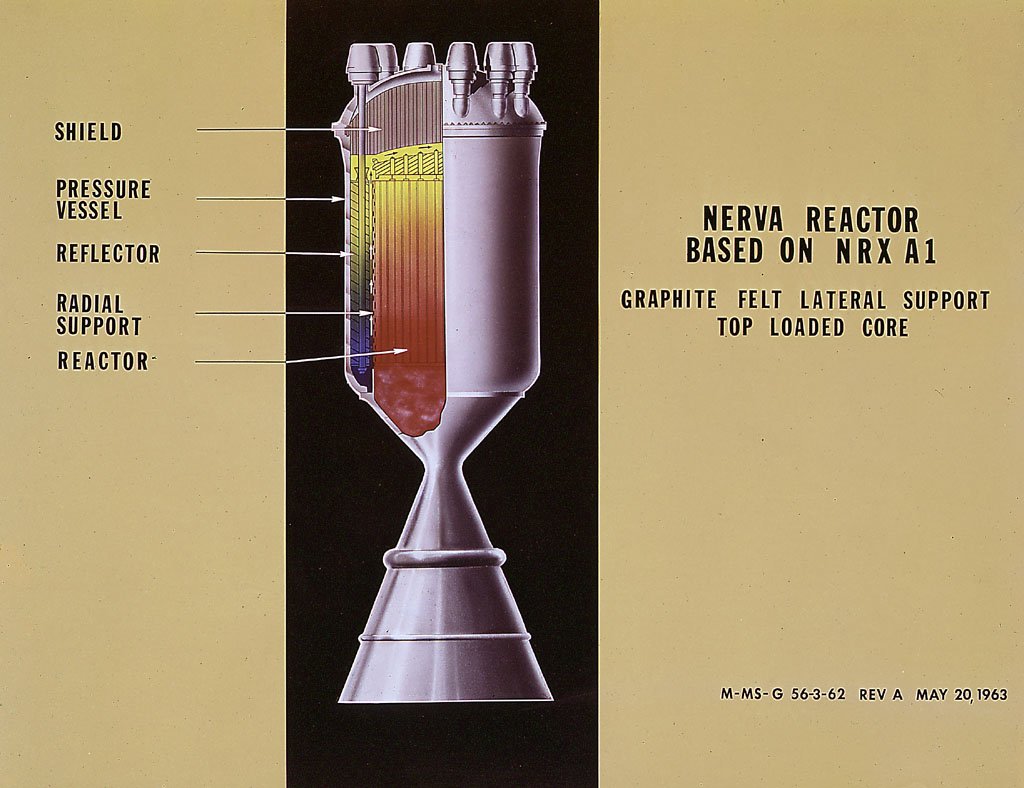
The Nuclear Engine for Rocket Vehicle Application (NERVA) was a NASA project to develop a nuclear thermal rocket engine for deep space missions. Despite successful ground tests, the program was canceled in 1973 before any flight tests, as priorities shifted away from nuclear propulsion.
Kliper
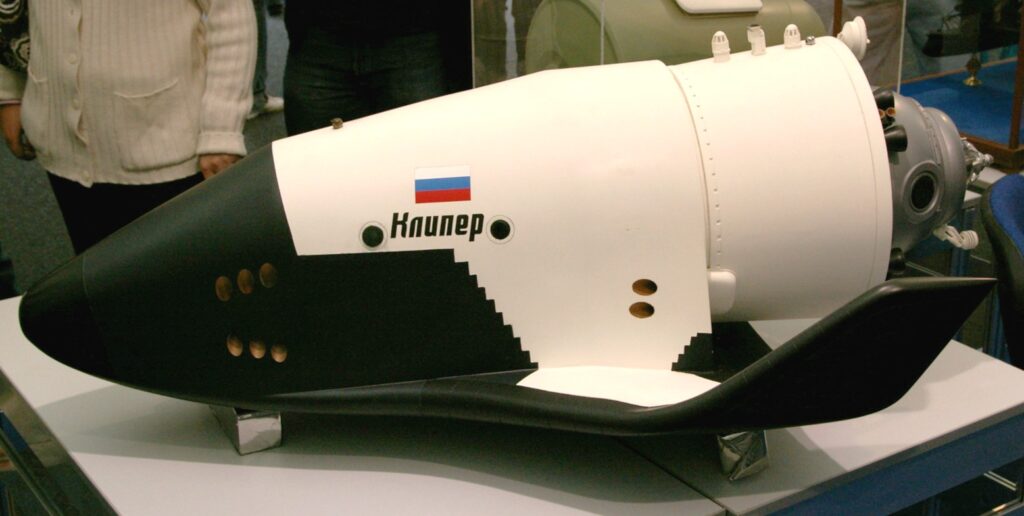
Kliper was a proposed Russian reusable spacecraft intended to replace the Soyuz capsule. Developed in the early 2000s, it promised greater crew capacity and reusability, but was ultimately abandoned due to funding issues and changing political priorities.
Constellation Program (Ares I and Ares V)
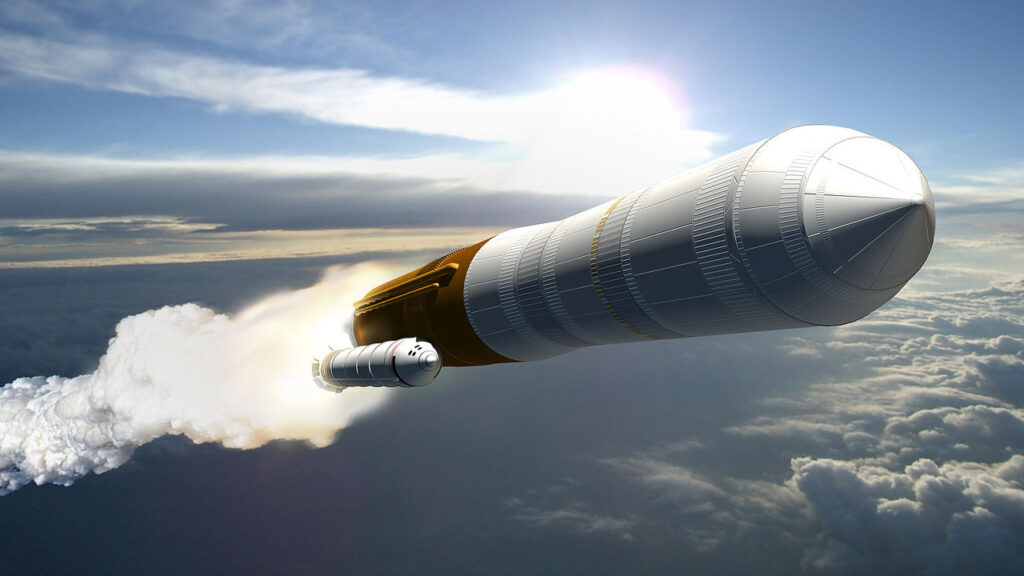
NASA’s Constellation Program aimed to return humans to the moon with the Ares I and Ares V rockets. Despite significant development, the program was canceled in 2010 due to budget constraints and policy changes, leaving the spacecraft unflown.
X-33
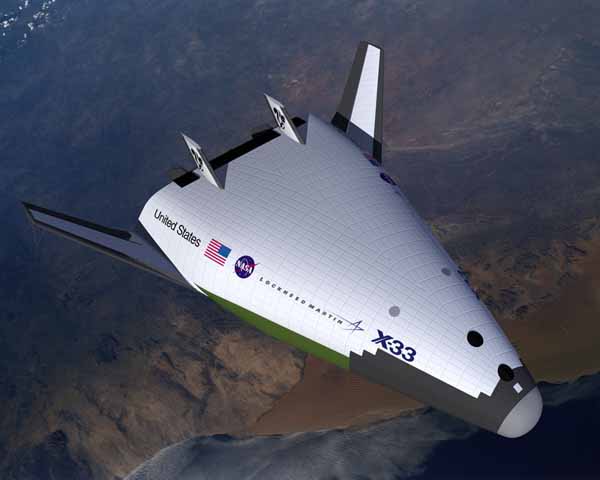
The X-33 was a prototype spaceplane developed by NASA and Lockheed Martin as a stepping stone to a fully reusable launch vehicle. Technical issues, particularly with its composite fuel tanks, led to the project’s cancellation in 2001 before any flight tests.
Soviet LK Lander
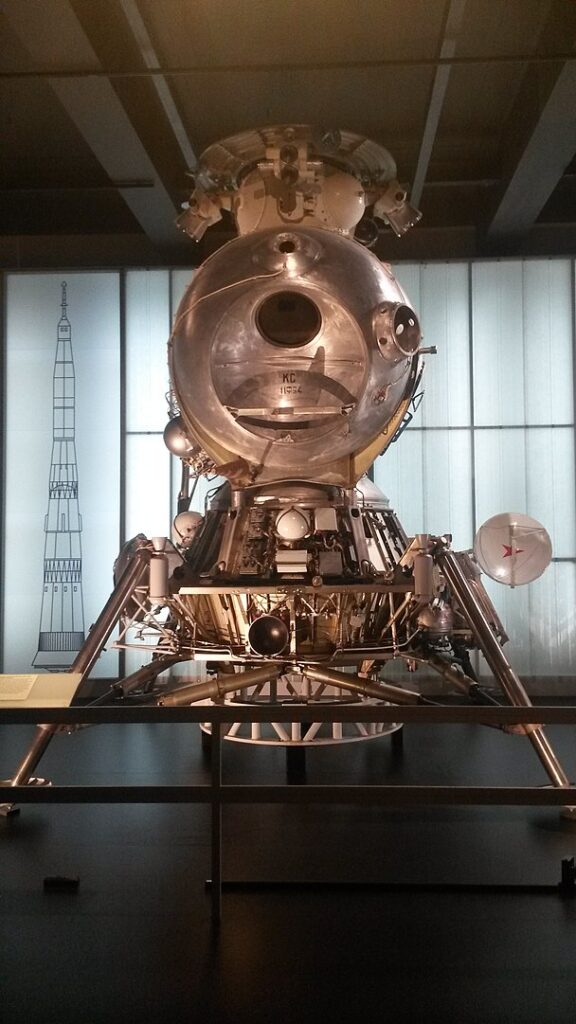
The LK Lander was the Soviet counterpart to the Apollo Lunar Module, designed for moon landings. Although development was nearly complete, the program was scrapped after the failure of the N1 rocket, leaving the LK Lander unflown.
Zond
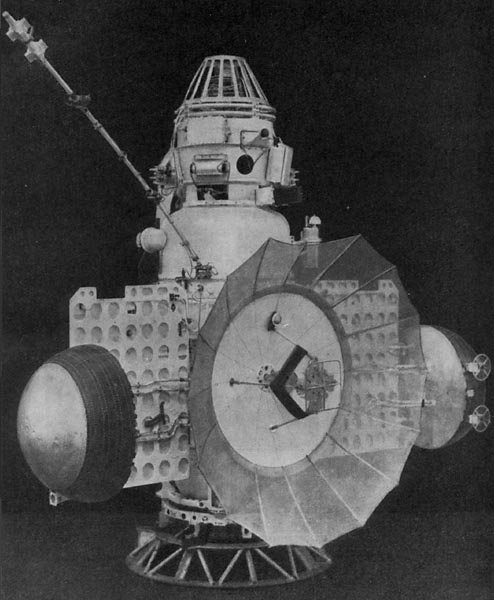
Zond was a series of Soviet circumlunar missions intended to send cosmonauts around the moon. Persistent technical failures and the successful Apollo missions led to the program’s cancellation, leaving several Zond spacecraft unlaunched.
Black Arrow
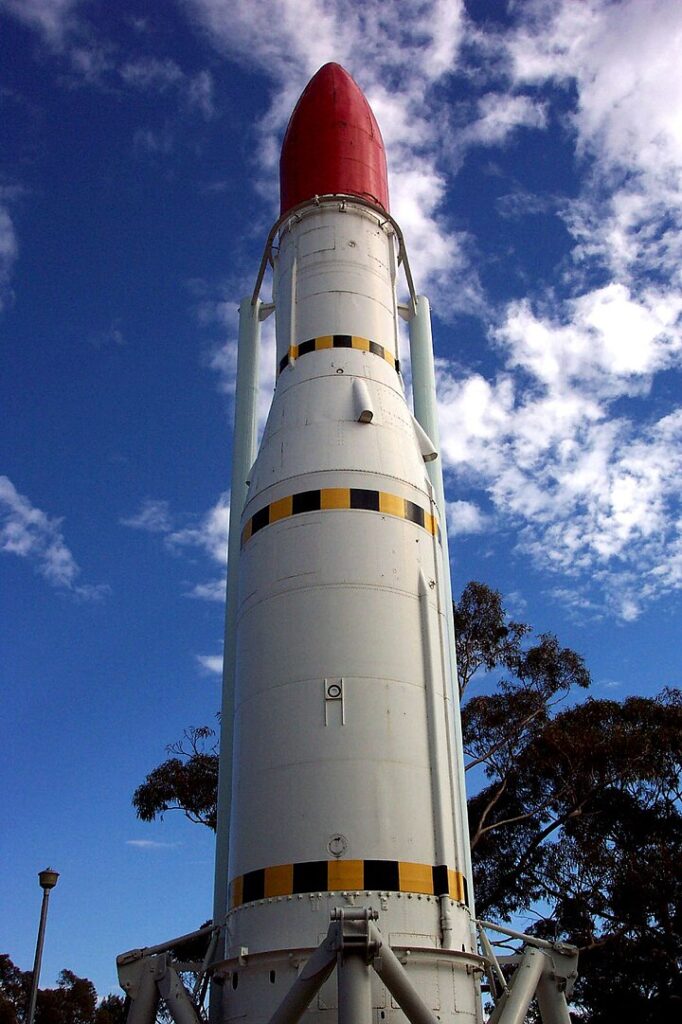
The Black Arrow was the UK’s satellite launch vehicle, successfully placing a single satellite in orbit in 1971. Despite this success, the program was canceled due to high costs and the availability of more cost-effective American rockets.
This article originally appeared in MyCarMakesNoise.
More from MyCarMakesNoise
20 Rare Classic Motorcycles You’ll Never Encounter

Some rare classic motorcycles are so elusive that encountering them in person is nearly impossible. These bikes often had limited production runs, making them incredibly scarce. Read More
20 Mistakes That Reduce Fuel Efficiency in Cars

Several common mistakes can significantly reduce your car’s fuel efficiency. Driving aggressively with rapid acceleration and hard braking consumes more fuel. Read More
20 High-Performance European Sedans That Outshine Sports Cars

Think sports cars are the only vehicles capable of delivering jaw-dropping speed and performance? Think again. European automakers have been crafting sedans that not only offer luxury and comfort but also pack a serious punch under the hood. Read More

